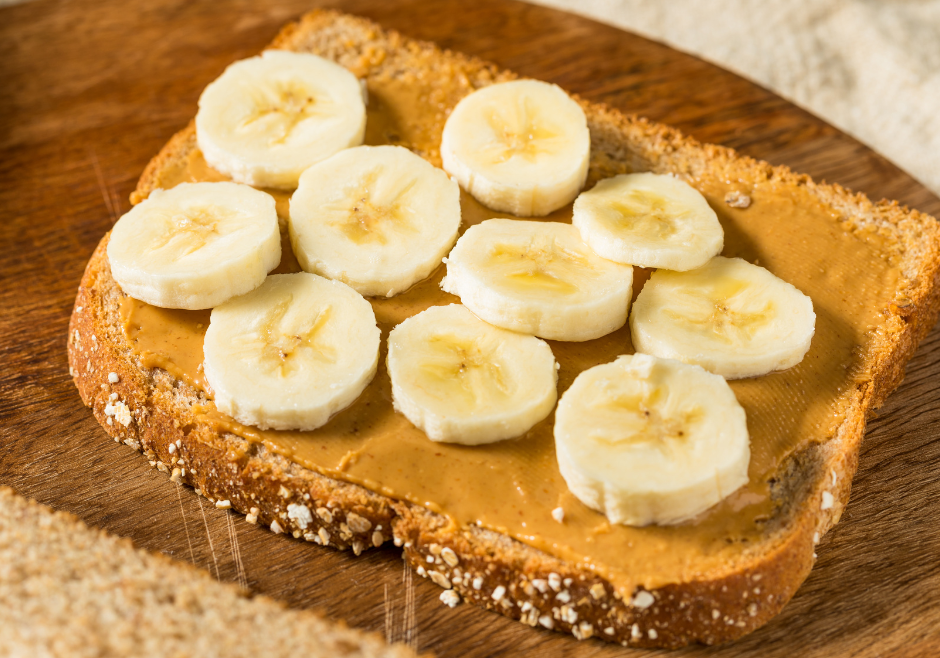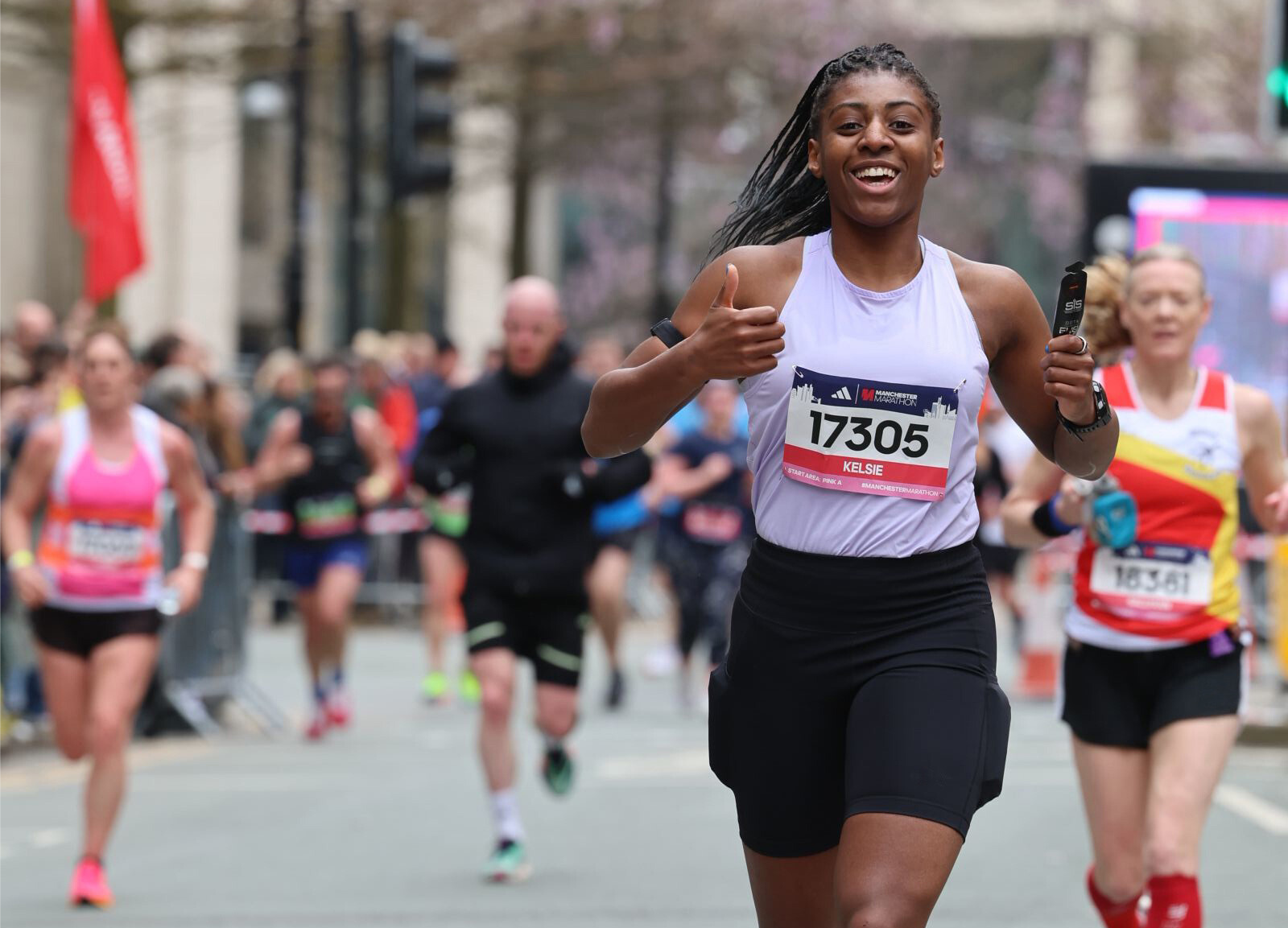WHAT SHOULD I EAT BEFORE RUNNING?
If you want to train at your best, a good place to start is what you put on your plate. So what to opt for? Our nutrition partner HIGH5 have guidance on what to eat before running, including advice on wholegrains versus simple sugars such as sweets and bars.
Read the advice below!
HIGH5: WHAT SHOULD I EAT BEFORE RUNNING?
Each time you run, your body needs fuel to pump blood around your body and power your muscles. This fuel is, of course, the food and drink you’ve consumed throughout the day, but how can we optimise this to optimise our running?
Today we’re answering the big nutrition questions – what do I eat, when do I eat it, and how much should I have?
It’s time to revolutionise your pre-run fuelling strategy!
View this post on Instagram
WHY IS FUELLING IMPORTANT?
Ever tried running on an empty stomach? It’s like a car without petrol. Not only does fuelling give the body the energy it requires to expend energy – i.e. move – it also does the following for your running:
• Enhances endurance
• Boosts muscle performance
• Prevents stomach issues
• Improves mental focus
• Supports recovery
If you’re ever tempted to skip a meal, think of the above list. Once you’ve understood the importance of fuelling up, we can now move to our favourite question: what do I eat and drink before running?
WHY SHOULD I EAT CARBS BEFORE RUNNING?
Complex carbs, often found in foods like whole grains, are your go-to choice because they offer a steady and sustained release of energy. This gradual energy release is precisely what you need to power through your training runs at your absolute best.

Carbs act like a slow-burning fuel that keeps your energy levels stable, helping you avoid the dreaded bonk
These carbs act like a slow-burning fuel that keeps your energy levels stable, helping you avoid the dreaded bonk. The result? Improved endurance and stamina during your run. The British Dietetic Association recommends getting 50% of your energy from carbs.
The following foods are rich in complex carbs. However, before an event, make sure to have previously tested which ones work best for you and any potential stomach issues:
• Whole grains (oatmeal, quinoa, brown rice, whole-wheat bread)
• Legumes (beans, lentils, chickpeas)
• Fruits and vegetables (banana, apples, berries, broccoli, sweet potatoes)
• Nuts and seeds (almonds, flaxseeds, chia seeds)
Looking for breakfast options to fuel your next long run? Check out our Top 3 Breakfasts to Fuel Your Long Runs from nutritionist Dr Kelsie for some tasty ideas.
When it comes to timings, bear in mind that complex carbs take longer to digest than simple sugars, such as white bread. Therefore, eat your meal roughly 2 hours before exercise and consider that some people bodies may need more of less time. Find what works for you.

Check out Dr Kelsie’s Top 3 Breakfast Ideas to fuel your next long run!
If you feel the need to eat closer to your run, opt for a small, easily digestible snack 30-60 minutes before setting off. A good example is the HIGH5 Energy bar, which provides necessary, fast-acting carbohydrates and proteins for sustained energy.
Simple sugars can also be good for quick energy boosts before shorter runs. Energy gummies, like HIGH5 Energy Gummies, are a source of simple sugars that your body can swiftly convert into energy, giving you the boost you need for your run.

Simple sugars are swiftly converted into energy, giving you a pre-run boost.
WHICH FOODS SHOULD I AVOID EATING BEFORE RUNNING?
Understanding what to not to pile of your plate with is as important as knowing what to add. Steer clear of high fat, fried, and spicy foods to prevent discomfort during your run. These culprits can lead to digestive issues and hamper your performance.
Also, avoid excessive dairy products and high-fibre foods that may cause digestive discomfort – loading up on loads of beans, broccoli, or pints of ice cream won’t be any good for you, or those around you! Consuming water is also key to ensure proper fluid levels but avoid excessive amounts to prevent discomfort during your workout.
All in all, focus on a nutrient-rich diet and pay attention to what works for you. Choose food options that are gentle on your stomach and provide a consistent release of energy, ensuring that your run remains smooth and energising.
It is also important to note that you can – and should – allow yourself the occasional treat and always aim to enjoy your meals. There are so many recipes out there to transform even the blandest of meals – so get creative in the kitchen and reap the rewards on the pavement!

